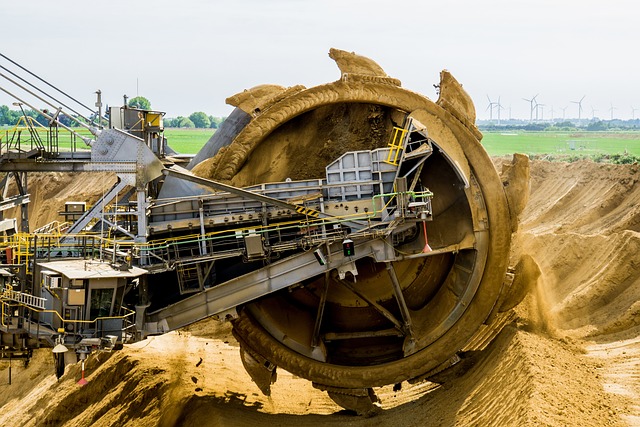Mining has long been integral to human civilization, providing raw materials for building infrastructure, manufacturing goods, and powering economies. However, the traditional approach to mining has often been criticized for its negative impact on the environment and local communities.
In recent years, the mining industry has shifted significantly towards sustainability and social responsibility, driven by recognizing the need to balance economic growth with environmental protection and social equity. Here’s everything you must know about this new mining era:
Discussing Waste Tailings
Waste tailings are the materials left over after the extraction of minerals from ore. These materials can be toxic and dangerous, threatening the environment and human health. In the past, waste tailings were often disposed of in open pits or ponds, which could contaminate nearby water sources. However, new technologies and practices are being developed to address this issue.
One example of a sustainable solution for waste tailings is tailings dams. These dams are constructed to contain the waste tailings and prevent them from contaminating the surrounding area. In addition, some mining companies are exploring new technologies such as dry stacking, which involves filtering the waste tailings to remove excess water and then stacking them in a dry form. This reduces the risk of contamination and can also make the waste tailings easier to manage.
Contemplating Sustainable Mining
Sustainable mining is another important issue facing the mining industry. Mining can significantly impact the environment, including deforestation, soil erosion, and water pollution. In addition, mining can harm local communities, displacing people from their homes and disrupting their way of life.
The mining industry is adopting sustainable practices that minimize environmental and local communities’ impact to address these challenges. For example, some mining companies use renewable energy sources such as solar and wind power to reduce their carbon footprint. Others are implementing reforestation programs to restore the natural habitat impacted by mining activities.
Another option is to use innovative technologies that allow for more efficient and less harmful mining processes. For example, some companies are using autonomous vehicles and drones to reduce the need for human labor and minimize the impact on the environment.
Being Socially Responsible
Social responsibility is also a key issue in the mining industry. Mining companies handle their communities, including providing jobs, supporting local businesses, and contributing to social programs. However, mining can also negatively impact local communities, such as displacement and loss of livelihood.
Hence, they must engage with local communities and stakeholders to understand their needs and concerns. This can involve consulting with indigenous groups and local governments to ensure their voices are heard, and their rights are respected. In addition, mining companies can invest in social programs such as education, healthcare, and infrastructure to support local communities and improve their quality of life.
Final Thoughts
The mining industry faces new challenges as the world becomes more environmentally conscious and socially responsible. By adopting sustainable practices and engaging with local stakeholders, mining companies can create a new era of mining that is both sustainable and socially responsible. Remember, mining is a vital industry that provides resources for our daily lives, but it must be done in a way that minimizes negative impacts on the environment and local communities.
Join Janet Sheriff, a trailblazing leader in the industry, to learn about the challenges and opportunities for women in mining.

